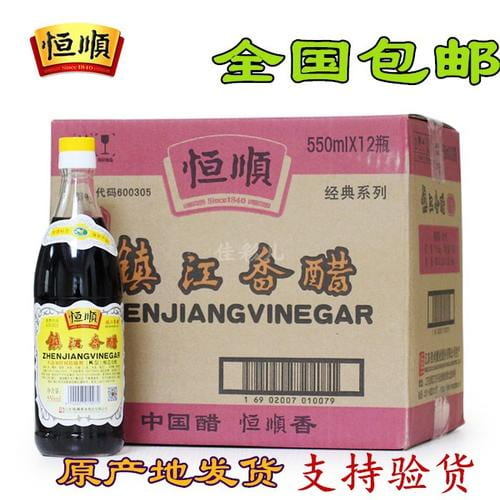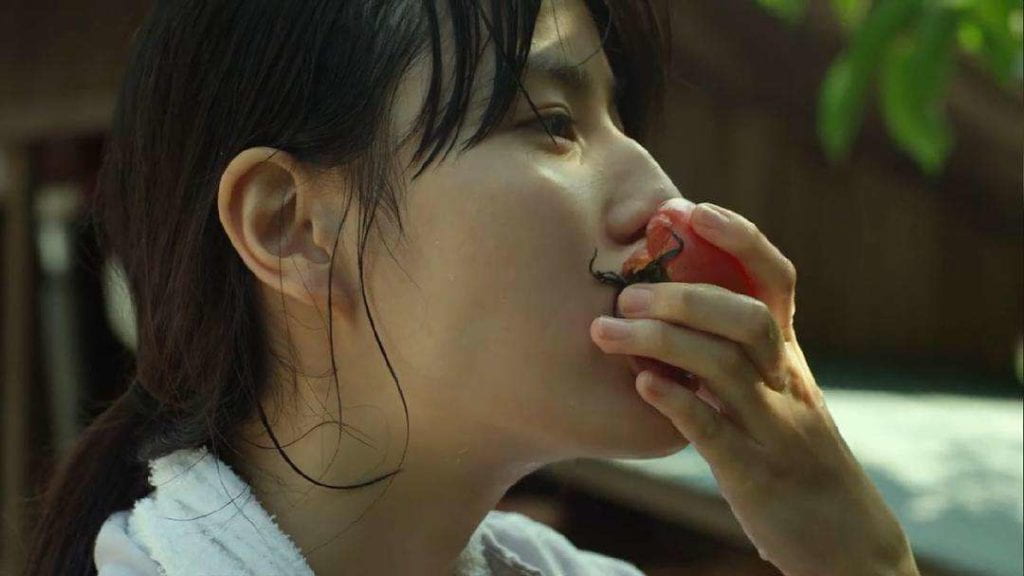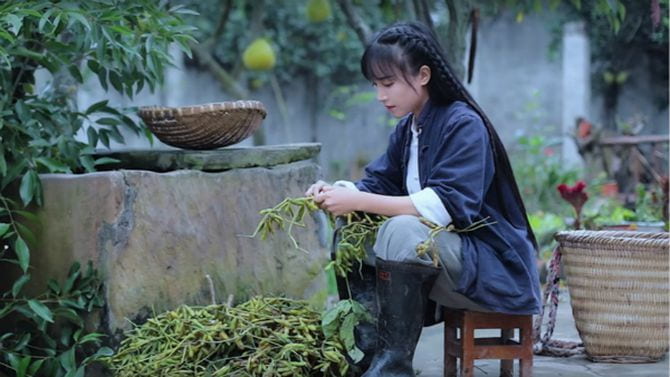Nostalgia is a sentimental yearning for the past, especially the “good old days”. Food can be a strong trigger of nostalgia as it arouses our sensations like taste and smell (odors), on the one hand, and is associated with both the body and the psyche, on the other hand. I resonate with James Farrer’s notion of culinary nostalgia a lot. When I was pursuing my M.A. degree in New York last year, my hometown specialty- Zhenjiang Vinegar sold in the Chinese supermarket always gave me great comfort. A plate of dumplings with a saucer of vinegar overshadowed any fine dining for me, a small-town girl new to metropolis that felt lost and perplexed.

I suppose that is a common feeling for most urban residents and global citizens in this age. And that’s why the pristine, idyllic Little Forest and Li Ziqi have successively been so popular in China. Our life along with our meals become more and more delicate in the city. When I interned at FFC in Beijing, I found that it’s normal for a white-collar to spend¥100 on a lunch in the nearby fancy shopping halls, which is unimaginable 10 years ago. Actually the state of “good living” or one’s well being cannot be quantified merely by price or Michelin stars. The satisfaction of our stomach should not be standardized by any list either.
What is interesting to me is that, even nostalgia itself has become an emotional element of the consumerism regime targeting at urban residents, an effective tool for advertising and propaganda. We are consuming nostalgia while watching Li Ziqi’s videos and ordering food from her online store. However, the sad fact is that nearly all of the food served to us are terminal products. We are so alienated from the original food materials, and alienated from diverse senses and abundant experiences surrounding them. Following Li Ziqi won’t change the dead truth of modern civilization and urban lifestyle.


(Ichiko in Little Forest and Blogger Liziqi)
Leave a Reply